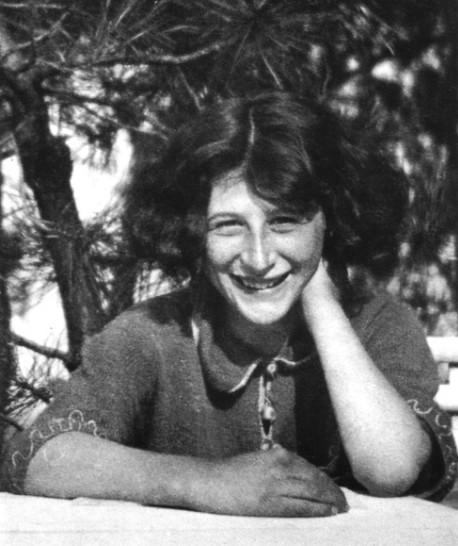Welcome to our first newsletter of 2019, dear readers.
We are pleased to start the year by introducing a recent work on melotherapy, or healing through music, by the Romanian scholar Severina-Maria Oprea, relating Orthodox liturgical music to ancient and contemporary practices of art therapy, particularly in the treatment of depression and aggressiveness.
Science, art and spirituality fundamentally meet in music, reclaiming the dialogue between scientist and artist, inviting to common projects that serve a society which expresses more and more the need to recover values lost in time. The normality of our society cannot be the outcome of a fragmentary reality— solely scientific, artistic or religious, because the reality of the world is integral.
• In a well-known essay of major importance to academic life, Simone Weil shares her “Reflections on the Right Use of School Studies with a View to the Love of God.”
If we seek with true attention the solution to a geometry problem, and if at the end of an hour we are no nearer to it than at the beginning, we have nevertheless been making progress each minute of that hour in another more mysterious dimension. Without our knowing or feeling it, this apparently barren and fruitless effort has brought more light into the soul. The fruit will be found one day, later, in prayer.
• And in a brief article about the Carthusian order, those “unworthy and useless poor men of Christ who dwell in the desert of the Chartreuse for love of the name of Jesus,” Gordon Mursell explains how it is that from their solitary life they guide the faithful and have an impact on the external world.
Set apart from all, to all we are united, so that it is in the name of all that we stand before the living God.




